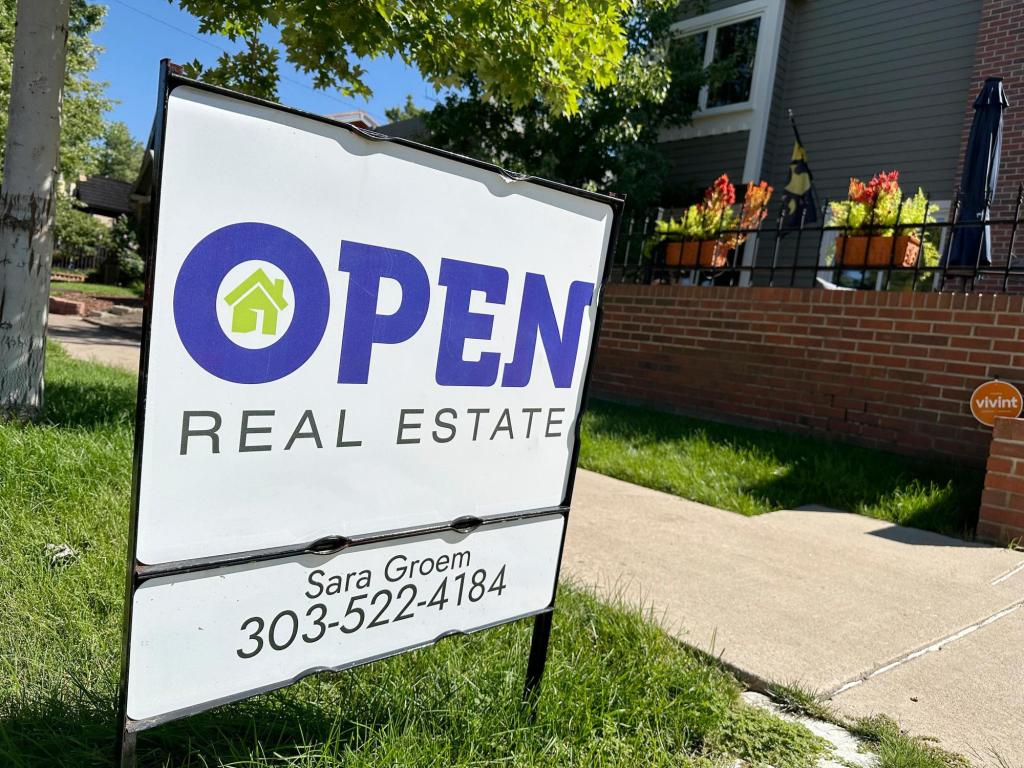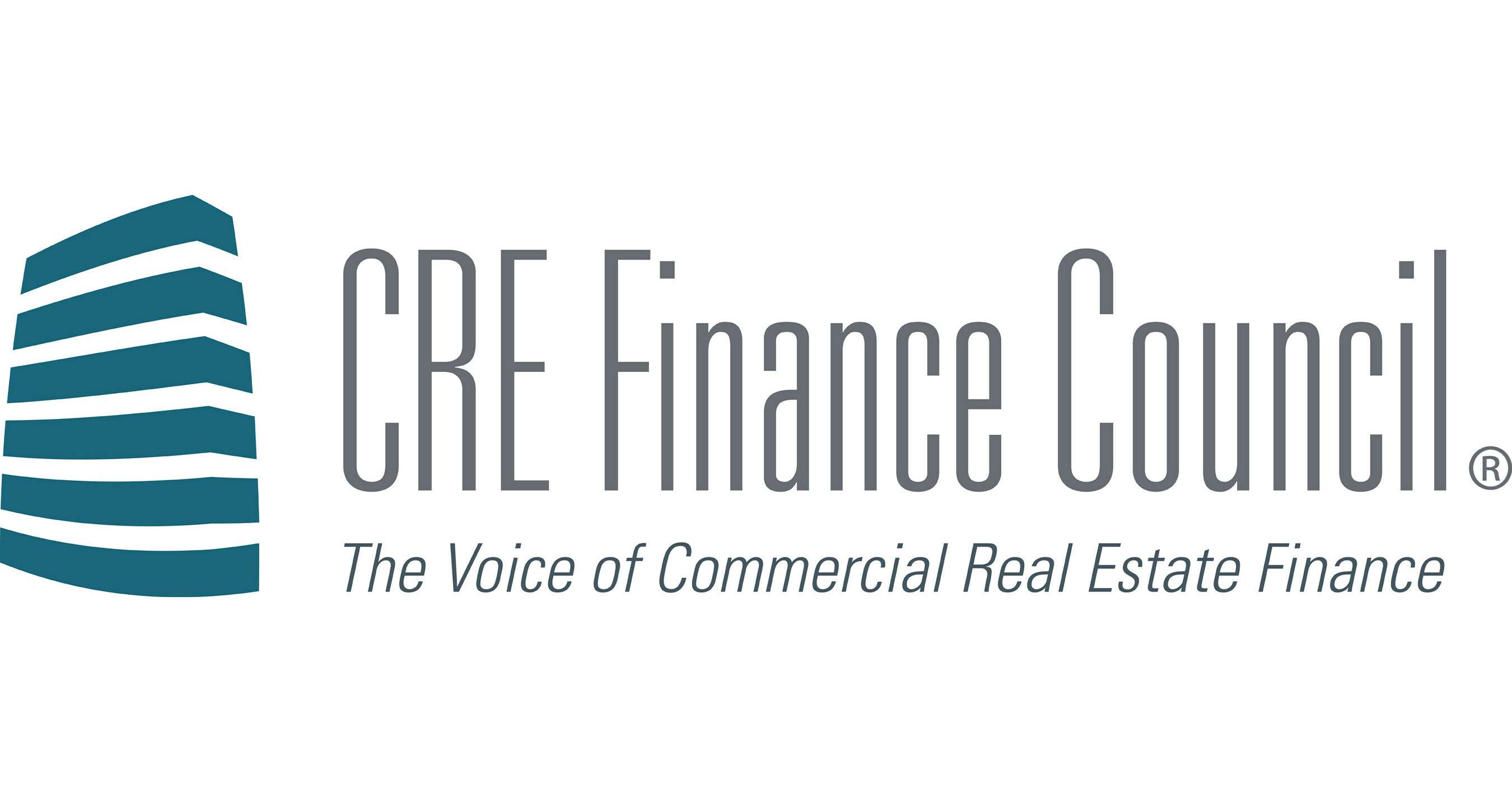M
etro Denver’s housing scene is drifting in a calm, almost stagnant tide. Last month, 3,636 homes and condos changed hands, a 5.8 % drop from July’s 3,861 sales and 5.6 % below the 3,850 units that sold in August a year earlier. Sellers tightened their stance, with new listings falling 12.5 % month‑over‑month and 8.4 % year‑over‑year. Consequently, the pool of active listings at the close of August slipped 6.7 % to 13,059, yet it remains 21.8 % higher than August 2024.
“Entering the fall, we don’t expect the market to shift as the year winds down,” said Amanda Snitker, chair of the DMAR Market Trends Committee and local Realtor. “A stagnant market still resists easy interpretation.”
A weaker‑than‑anticipated jobs report released Friday should lower mortgage rates, easing affordability in the near term. Yet lingering economic uncertainty—unemployment, inflation, tariffs—could keep some buyers and sellers on the sidelines. “September is notoriously volatile, and the possibility of a Fed rate cut this month adds to the uncertainty around mortgage rates,” Snitker added. “Those same factors may blunt any intended benefits of a rate cut.”
In August, the median price for a detached home sold was $649,000, down from $650,000 in July and $651,000 a year earlier. Condos and townhomes traded at a median of $385,000, a slight dip from $390,000 in July and $397,125 in August 2024. Listings lingered on average 30 days in August, compared with 24 days in July and 21 days a year ago.
Redfin reports that nationwide, sellers outnumber buyers by 36 % this summer—the widest gap since 2013. In Metro Denver, the imbalance is even sharper, with sellers outnumbering buyers by 61.2 %. Buyers are gaining leverage in states like Texas and Florida, reflected in more price cuts and contract cancellations. In Denver, pending sales cancellations rose to 17.8 % in July, up from 16.3 % a year earlier.
Despite this bargaining power, many prospective buyers still struggle to afford a home. Flat or falling prices over the past two years, coupled with steady income growth, could bring Denver back to 2018 affordability levels before most other metros, Redfin estimates. While 2018 wasn’t a period of extreme affordability, homeownership was more attainable than in the post‑pandemic era. If 30‑year mortgage rates fall to 5.5 %, Denver could reach 2018 affordability by October next year; if rates stay at 6.7 %, the target could shift to November 2028.
Subscribe to our weekly newsletter, On the Block, for the latest real‑estate and business updates.















